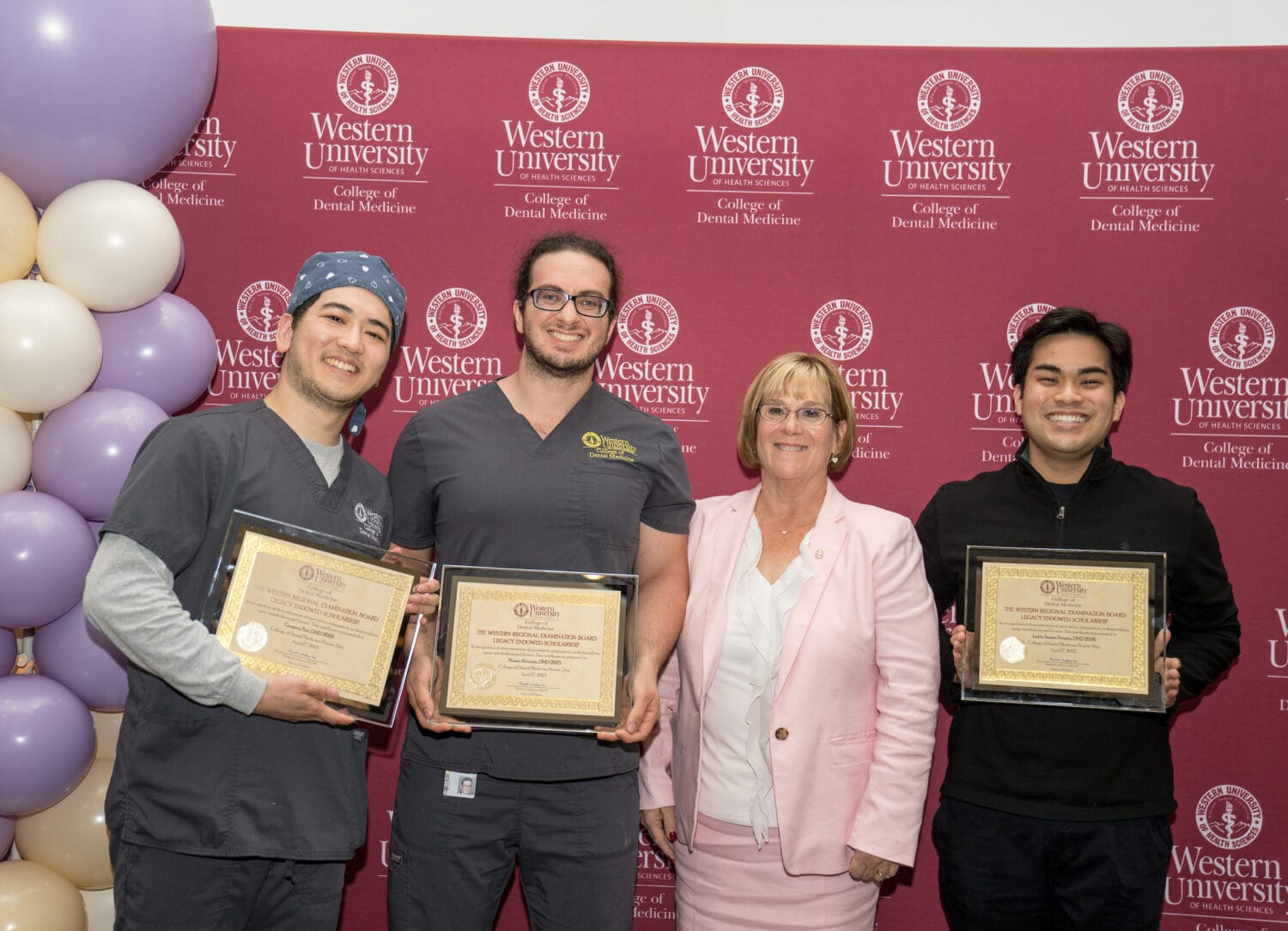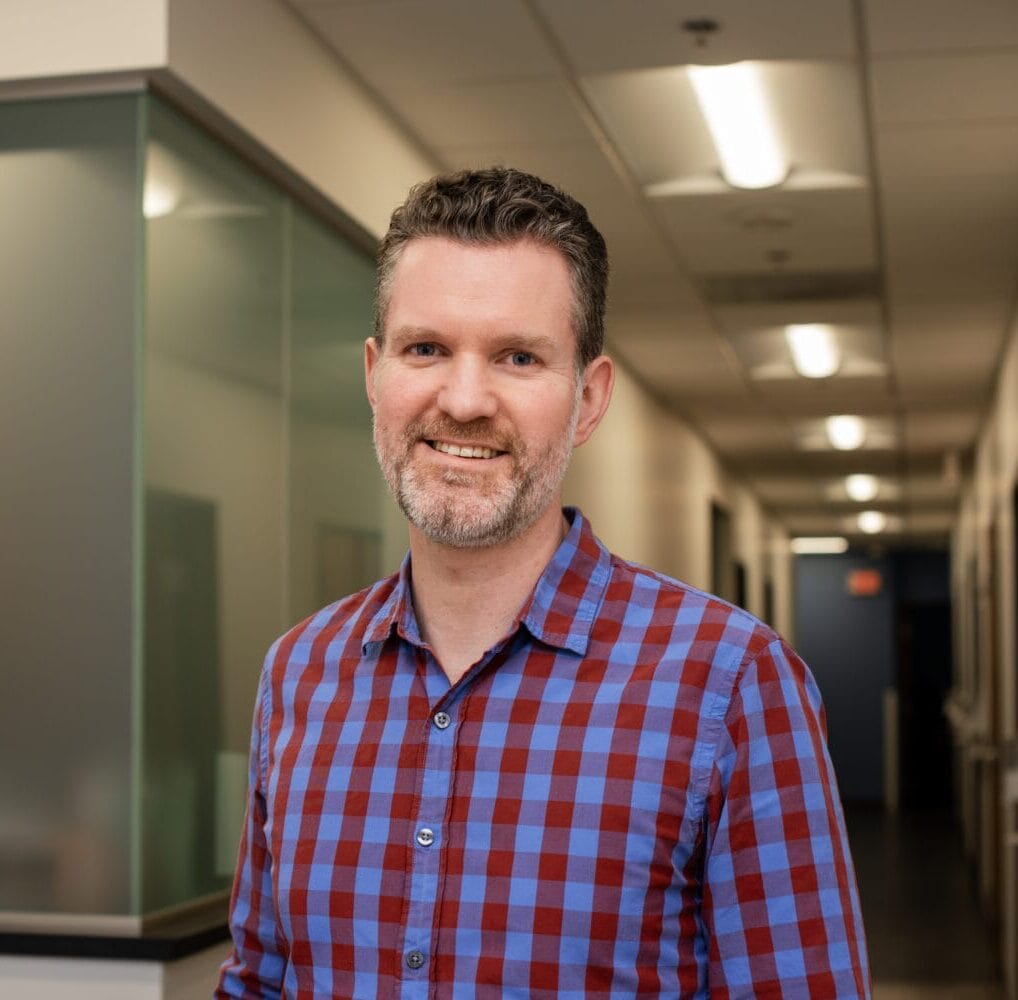WesternU students present summer research
Western University of Health Sciences students presented their summer research projects at the fifth annual Student Technology and Research Symposium (STARS) on Aug. 1, 2012.
“The university community and the students have really taken all this to heart, and they really see it as a great opportunity,” said WesternU Vice President for Research and Biotechnology Steven Henriksen, PhD. “They realize how important research is for the positions they obtain in post-graduate education, no matter what professional college they come from. It enhances their career.”
More students are entering WesternU with research experience and the expectation of continuing this during their professional education, so STARS helps make the university more competitive. The STARS program also introduces some students to research for the first time.
“When students go through the total research experience from proposal to experimentation to presentation, it can profoundly change them, in the sense that they realize how transformative an experience doing research can be,” Henriksen said. “Most of the people who are here on campus who have done research in the past have had that identical experience at one point in their life. They got the bug and they became researchers for the rest of their life, for the betterment of their professional career.”
Department of Physician Assistant Education Instructor Elizabeth Maugh, who is also a student in the Master of Science in Health Sciences (MSHS) program, presented “MultiMedia OSCE Module.” Her project, mentored by College of Allied Health Professions MSHS Chair Tina Meyer, MSHS, PA-C, DHSc, demonstrated that an iPad is a viable and valuable evaluation assistance tool in the OSCE (Observed Structured Clinical Exam) environment.
“Research is what drives us. It helps keep us current,” Maugh said. “It helps us understand whether or not we’re doing what we say we’re doing. It helps us understand a better way if we’re not doing it right.”
Second-year College of Osteopathic Medicine of the Pacific student Kevin Chan presented “Effect of adipose tissue-derived stem cells (ADSCs) on cell proliferation and wound healing,” research conducted with COMP Professor Stanley Wong, PhD.
“I think for a future physician, research is very important,” Chan said. “A lot of future therapies will come from stem cells. That’s going to be the future of medicine.”
The project was challenging, but they read through the literature, modified their protocol and adjusted as the research progressed, Chan said. He appreciated the opportunity to present his research to an audience, which required him to sort through the data in order to share it with others.
“Doing the presentation is good to tie everything together,” Chan said. “It was a good learning experience for me.”
Click here for more information about STARS, including a list of students and their projects.



